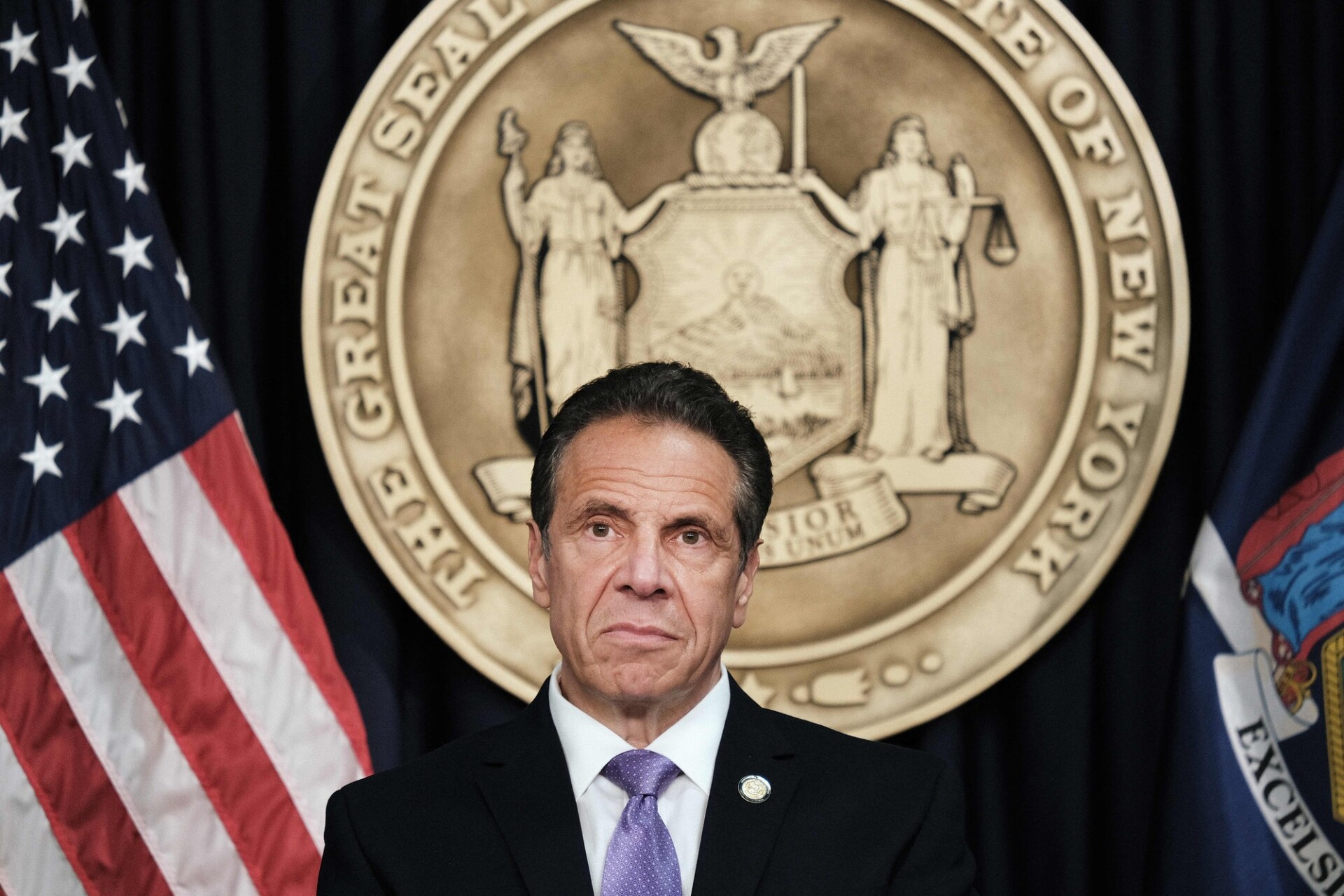Earlier this week, what many New Yorkers had long suspected seemed all but confirmed. While stopping short of formally declaring his candidacy for New York City mayor, former governor Andrew Cuomo’s spokesperson issued a statement highlighting his achievements, from codifying abortion rights to overseeing the construction of the Second Avenue Subway.
Cuomo’s flirtation with a run comes at a precarious moment for incumbent Eric Adams, who faces political fallout from multiple indictments. Yet Cuomo, like Adams, must contend with his own controversies and the challenge of navigating New York City’s significant Rightward political shift during the 2024 presidential election.
The vote earlier this month saw a red wave ripple through traditionally Democratic strongholds such as Queens and the Bronx, as President-elect Donald Trump made large gains in majority-Asian and Hispanic neighbourhoods. This shift reflects growing frustration with crime, inflation, and the ongoing migrant crisis.
For Cuomo, capitalising on this sentiment will require a dramatic pivot, particularly on public safety and criminal justice reform — issues which lie at the heart of New Yorkers’ concerns. In 2019, the then-Governor was criticised for a 32% rise in serious crimes such as murder and felony assault after he signed legislation that eliminated cash bail for many misdemeanour and felony offences. Critics argued that the law contributed to this spike, as offenders released without bail committed additional crimes. Similarly, Cuomo’s Raise the Age legislation, which moved 16- and 17-year-olds out of the adult criminal justice system, has faced criticism for allegedly contributing to a rise in juvenile crime.
Public safety concerns have only grown amid a rise in subway violence and high-profile cases such as Daniel Penny’s. To gain voter trust, Cuomo will need to pivot towards a hardline approach on crime — something progressives will resist, viewing such moves as a betrayal of criminal justice reforms they fought to implement. For many on the far-Left, any repeal of bail reform or increased support for law enforcement would symbolise a step back from addressing perceived systemic inequities in the criminal justice system. Add to that Cuomo’s vocal support for Israel and it becomes clear that he faces a significant challenge: navigating a fractured Democratic base while attempting to win over a city that is increasingly shifting to the Right.
Cuomo’s greatest challenge is his past. The sexual harassment allegations which forced his resignation remain a significant liability, but a bigger issue comes from his tenure during Covid. The Cuomo administration’s underreporting of Covid-19 nursing-home deaths after requiring facilities to admit Covid-positive patients discharged from hospitals infuriated New Yorkers and contributed to the governor’s fall from power. The issue remains fresh for many voters, especially after Cuomo faced tough questioning by House Republicans this year during a hearing on the pandemic.
Cuomo’s leadership and political skills, however, remain potent assets. His years in Albany demonstrated an ability to navigate complex political landscapes and deliver tangible results. Infrastructure achievements such as the revitalisation of LaGuardia Airport and the construction of the new Tappan Zee Bridge underscore his capacity for decisive action. Moreover, his steady but blunt Covid-19 press conferences earned him national acclaim, briefly positioning him as a symbol of stability during a chaotic period.
Ultimately, Cuomo’s potential bid for mayor is as much about redemption as it is about policy. Can the 66-year-old reconcile his controversial record with the needs of a city drifting Right? For now, his fate lies in the hands of a wary electorate, balancing disappointment in his previous missteps with hope for a leader capable of decisive governance.










Join the discussion
Join like minded readers that support our journalism by becoming a paid subscriber
To join the discussion in the comments, become a paid subscriber.
Join like minded readers that support our journalism, read unlimited articles and enjoy other subscriber-only benefits.
Subscribe